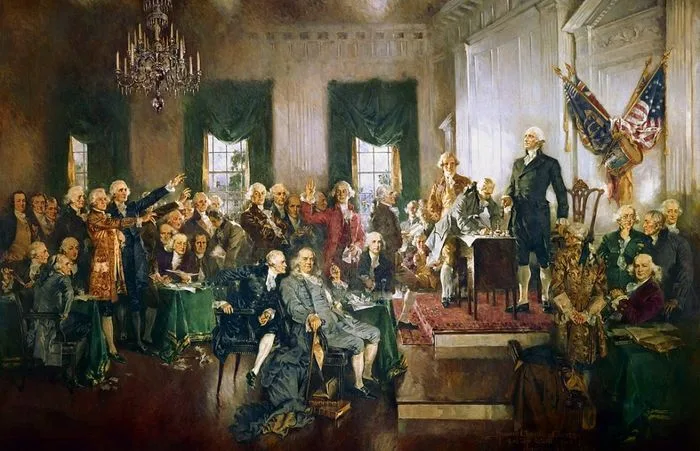By Stephen Zogopoulos | USNN World News | Opinion The tragic loss of Charlie Kirk has revealed more about America’s cultural divide than perhaps any single event in recent memory. Rather than mourning the death of a fellow human being, the radical left has celebrated, mocked, and attempted to diagnose the “problem” as Kirk himself […]
Tag: A Republic
A republic is a form of government in which the country is considered a “public matter” and the head of state is an elected or nominated president, not a hereditary monarch. In a republic, supreme power is held by the people and their elected representatives. Key characteristics of a republic include:
Elected Leadership: Leaders, including the head of state, are elected by the citizens or their representatives.
Rule of Law: The government operates under a system of laws that apply equally to all citizens, including those in power.
Representation: Citizens have the power to elect representatives who make decisions and pass laws on their behalf.
Separation of Powers: Typically, there is a division of government into separate branches (executive, legislative, and judicial) to prevent the concentration of power and provide checks and balances.
Protection of Rights: Individual rights and freedoms are protected against the tyranny of the majority and against potential abuses of government power.
Examples of republics include the United States, France, and India. Each of these countries has a constitution or a similar foundational legal document that outlines the structure of government, the distribution of powers, and the rights of citizens.




